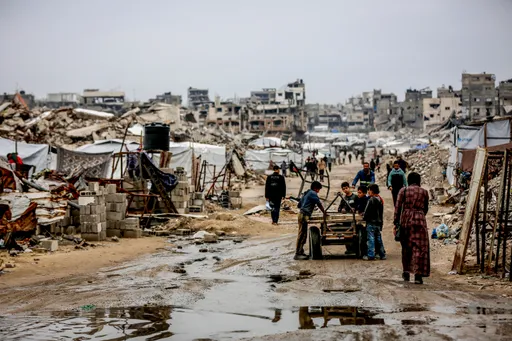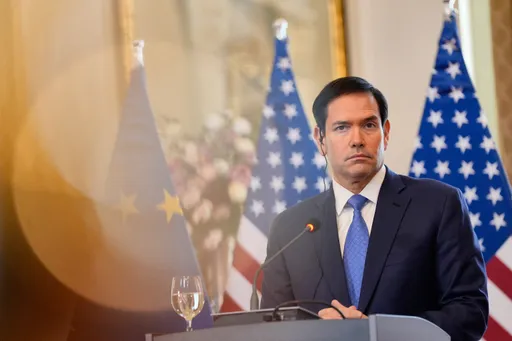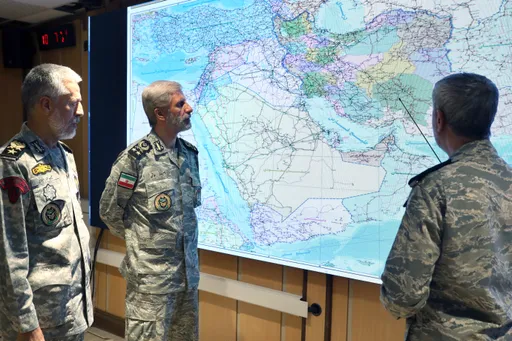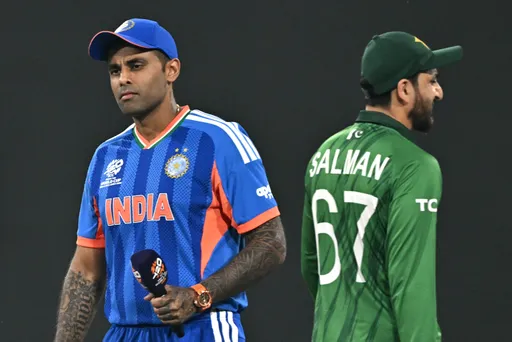India dismissed allegations that its government was linked to the killing of a Sikh activist in Canada as “absurd”, expelling a senior Canadian diplomat and accusing Canada of interfering in India's internal affairs.
It came a day after Canadian Prime Minister Justin Trudeau described what he called credible allegations that India was connected to the assassination of Hardeep Singh Nijjar, an advocate of Sikh independence from India who was gunned down on June 18 outside a Sikh cultural centre in Surrey, British Columbia.
Canada also expelled a top Indian diplomat, identified as the head of Indian intelligence in Canada.
“Any involvement of a foreign government in the killing of a Canadian citizen on Canadian soil is an unacceptable violation of our sovereignty,” Trudeau told Parliament on Monday. “In the strongest possible terms, I continue to urge the government of India to cooperate with Canada to get to the bottom of this matter.”
The duelling expulsions come as relations between Canada and India are tense. Trade talks have been derailed and Canada just canceled a trade mission to India that was planned for the fall.
In its statement announcing the expulsion, India’s Ministry of External Affairs wrote that “the decision reflects the Government of India’s growing concern at the interference of Canadian diplomats in our internal matters and their involvement in anti-India activities.”
Nijjar was organising an unofficial referendum in India for an independent Sikh nation at the time of this death.
Indian authorities announced a cash reward last year for information leading to Nijjar’s arrest, accusing him of involvement in an alleged attack on a Hindu priest in India.
India has repeatedly accused Canada of supporting the Sikh independence, or Khalistan, movement, which is banned in India but has support in countries like Canada and the UK with sizable Sikh diaspora populations.
In March, the Modi government summoned the Canadian High Commissioner in New Delhi to complain about Sikh independence protests in Canada. In 2020, India's foreign ministry also summoned the top diplomat over comments made by Trudeau about an agricultural protest movement associated with the state of Punjab, where many Sikhs live.
Canada has a Sikh population of more than 770,000, or about 2 percent of its total population.
Trudeau told Parliament that he brought up Nijjar's slaying with Indian Prime Minister Narendra Modi at the G20 meeting in New Delhi last week. He said he told Modi that any Indian government involvement would be unacceptable and that he asked for cooperation in the investigation.
India’s foreign ministry dismissed the allegation as “absurd and motivated.”
“Such unsubstantiated allegations seek to shift the focus from Khalistani terrorists and extremists, who have been provided shelter in Canada and continue to threaten India’s sovereignty and territorial integrity,” it wrote in a statement issued earlier on Tuesday.
At the G20 meeting, Modi expressed “strong concerns ” over Canada’s handling of the Punjabi independence movement among the overseas Sikhs during a meeting with Trudeau at the G20, the statement added.
The statement called on Canada to work with India on what New Delhi said is a threat to the Canadian Indian diaspora, and described the Sikh movement as “promoting secessionism and inciting violence” against Indian diplomats.
Earlier this year, supporters of the Khalistan movement vandalized Indian consulates in London and San Francisco.
Opposition support
India’s main opposition party issued a statement backing Modi’s position. The Congress Party wrote that “the country’s interests and concerns must be kept paramount at all times” and that the fight against terrorism has to be uncompromising, especially when it threatens the nation’s sovereignty.
Indian authorities have targeted Sikh separatism since the 1980s, when an armed insurgency for an independent Sikh state took off in Punjab state.
In 1984, Indian forces stormed the Golden Temple in the state’s Amritsar city to flush out Sikh separatists, who had taken refuge there. The controversial operation killed around 400 people, according to official figures, although Sikh groups estimate the toll to be higher.
The prime minister who ordered the raid, Indira Gandhi, was killed afterwards by two of her bodyguards, who were Sikh. Her death triggered a series of anti-Sikh riots.
US 'deeply concerned'
The US stepped in and expressed deep concern over Canada's allegations.
"We are deeply concerned about the allegations referenced by Prime Minister (Justin) Trudeau earlier today," said White House National Security Council spokesperson Adrienne Watson in a statement provided to Anadolu news agency.























